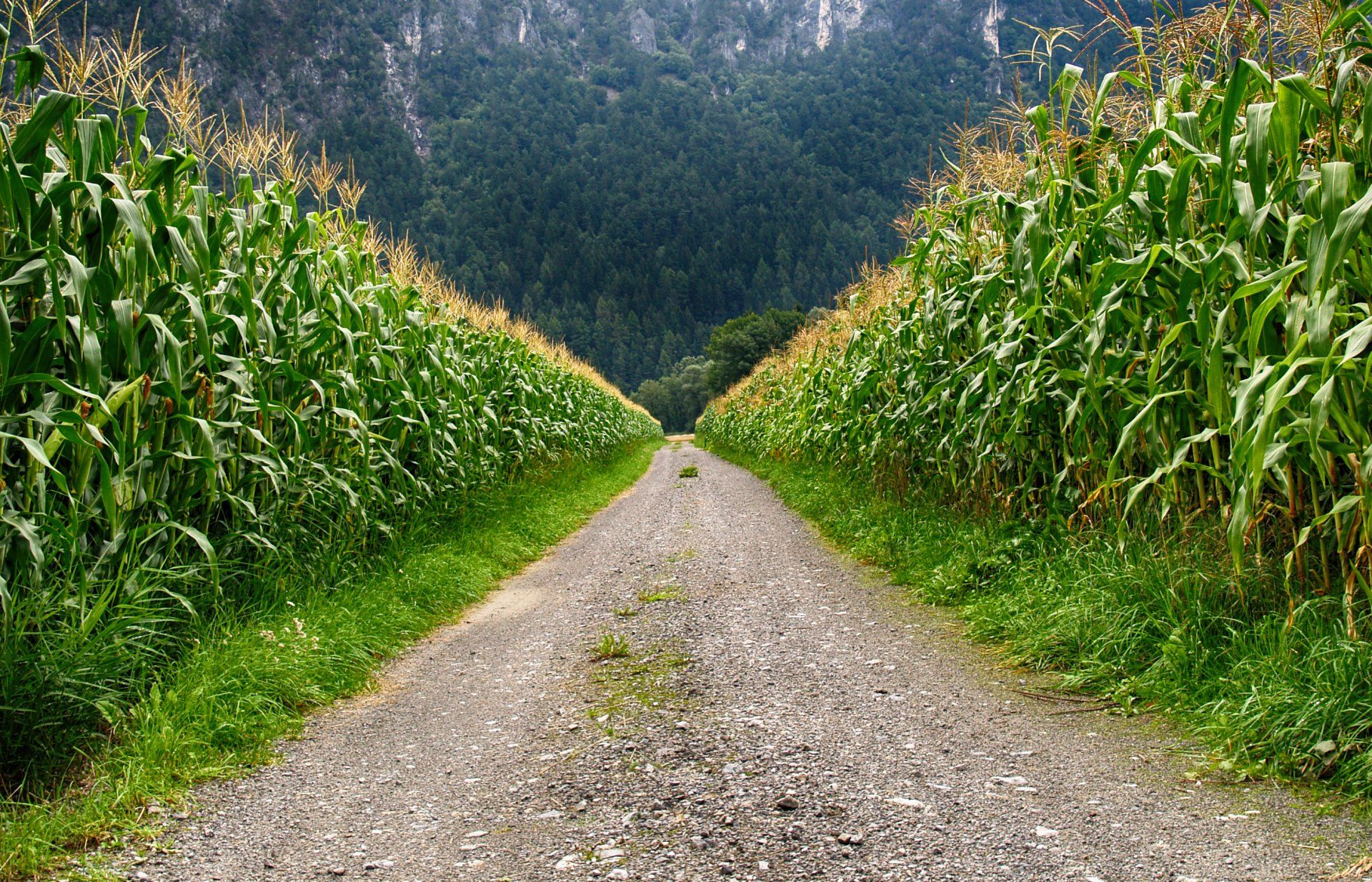Geral Blanchard, LPC, is a psychotherapist who is university trained in psychology and anthropology. Formerly of Wyoming and currently residing in Iowa, Geral travels the world in search of ancient secrets that can augment the art and science of healing. From Western neuroscience to Amazonian shamanism, he has developed an understanding of how to combine old and new healing strategies to optimize recovery, whether from psychological or physical maladies.
MDMA and Seeds
For many years I have been privileged to know Baba Mandaza Kandemwa, a traditional healer of the Shona people who reside in Zimbabwe
When we have traveled together I have noticed he always has some seeds in a pocket, gathered from his large garden that feeds the many AIDS orphans living in his home. As we walk, especially in sacred territory like the Great Zimbabwe, Mandaza routinely casts seeds to the wind which carry his prayers. Periodically he looks inquiringly in my direction as if to ask me if I desire any seeds. I always take some and follow his lead.
Seeds are often cast before MDMA ceremonies at retreat sites in Nature. They are combined with heirloom blue corn traditionally grown on the Hopi Reservation in Arizona. Together they announce that what is about to commence is sacred. In this ritualized way the land and the ceremonial event are made sacred, sacralized. The ritual also suggests the patient is planting the seeds for a new life to unfold with roots being established on what is now the occupied Native American land they have gathered on, but with reverent regard for the First Peoples who came before them and the customs we attribute to them.
In a corn ritual they are aligning themselves with Pueblo mythology in which the Corn Mother represents the feminine aspects of the universe with Her life giving gifts. In the Hopi tradition blue corn represents the rising sun, the beginning of life, wisdom, and understanding, all condensed into a tiny kernel of ancient life. The Zuni of New Mexico believe that when you sprinkle cornmeal on an animal fetish symbolizing reciprocity, you will be blessed in return. Corn rituals create the desired spirit associated with the emergence of new life. Hence the significance of corn rituals as integral to MDMA ceremonies, especially when conducted on Mother Earth.
*********
Thich Nhat Hanh teaches us how, during extended periods of peace and compassion inside us [as commonly experienced during an MDMA treatment], something beautiful can develop in a person’s consciousness. He has said, “To practice mindfulness means to recognize each seed as it comes up from Mother Earth,” humans included, and thereafter we must practice watering the most wholesome seeds that were germinated in us at the time of our treatment. And we must do this regularly for ourselves.
In western forms of medicine, the somewhat recent development of MDMA assisted psychotherapy reminds every participant of the need to nourish the heart softness that is to be sprouted. In that way, the best in people can take root, grow, and blossom.
The amount of time spent lovingly watering heart seeds (in follow-up therapy or meditation practices) determines the lasting power of the seed. In this way, every positive emotion has the spirit of the Buddha in it.
In Peace In Every Step, Thich Nhat Hanh explains: “When you plant lettuce, if it does not grow well, you don’t blame the lettuce. You look for reasons it is not doing well. It may need fertilizer or more water or less sun. You never blame the lettuce. Yet if we have problems with our friends or family, we blame the other person. But if we know how to care of them, they will grow well, like lettuce.” He further advises: no blame, no judgment, no argument, just compassionate understanding.
The Hopi have a somewhat similar belief about loving kindness. They sing over their corn to help it grow. And in Ecuador I have watched preschool aged children plant corn at the start of their day. First they kiss a male and then a female kernel. They lay the seeds close to each other in a bed of soil to begin the propagation of life. After the children tuck the seeds of potential life in with a blanket of soil from the Mother – Pachamama -- they light a candle and say a prayer to lovingly encourage and invigorate growth. Then off to preschool. Now that’s teaching relational therapy, literally at the ground level.
***********
Shozan Jack Haubner, in the Buddhist text All the Rage, alerts us: “Trust me, that organ between your ears is always spoiling for a fight. Its job is to divide and conquer. But the real fight is taking place inside of you, with the ‘dharma organ,’ the heart, where the challenge is to unify and understand; where the seeds of love and compassion are struggling to lay roots, to gain ground.” You are not likely to request an MDMA ceremony unless there has been a trauma or some form of intense suffering in your life. Ezra Bayda, a Buddhist author, has posed this koan*: “Can tragedy seed miracles? Perhaps – if we plow the ground. Sometimes, though, it takes a hit on the head, a shock, or a deep loss to crack us open just enough for understanding to grow.”
********
"…what shape
waits in the seed
of you to grow
and spread
its branches
against a future sky?"
- David Whyte
“Gratitude plants the seeds for abundance.”
- Robin Wall Kimmerer (Potawatomi) in Braiding Sweetgrass: Indigenous Wisdom, Scientific Knowledge, and the Teachings of Plants
*A koan is a paradoxical riddle or anecdote used in Buddhism to provoke thinking and enlightenment.
*********
Other Topics
Basics of MDMA
Rituals and Ceremony
Brain and MDMA
Trauma
Heart
Energy Movement
Quantum Physics
Native Cosmologies
Nature
Spirituality/Enlightenment
Kogi Tribe
Books written by Geral T. Blanchard
More Articles



















